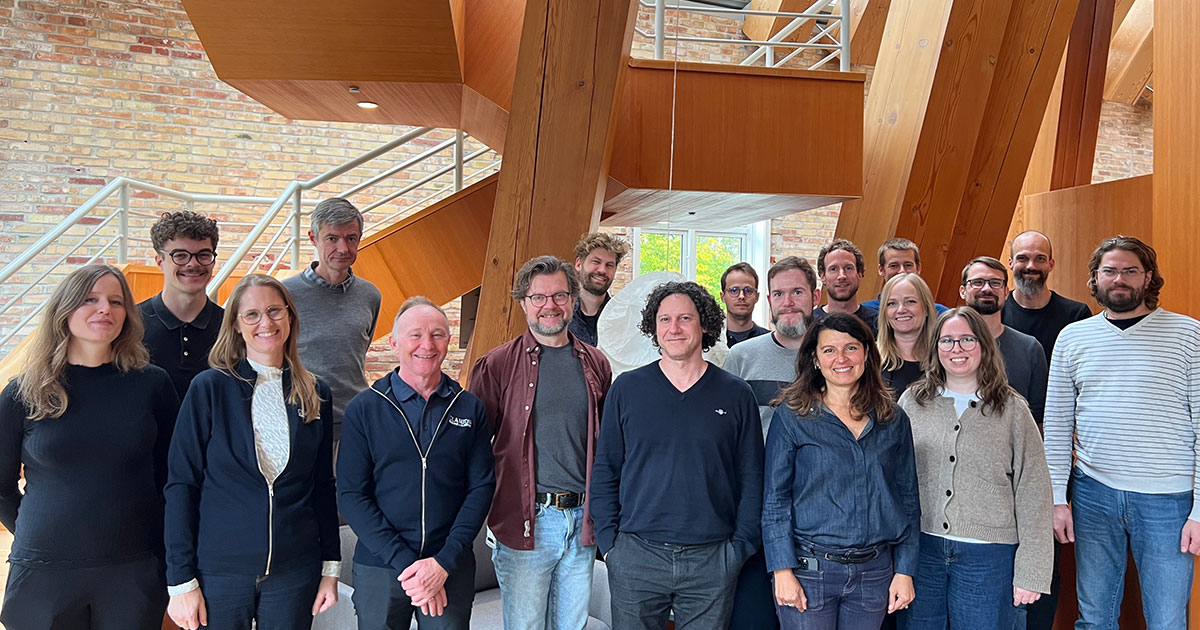Recently, representatives from Center for Humanities Computing at Aarhus University, eScience Center at University of Southern Denmark and CLAADIA at Aalborg University gathered for a two-day workshop filled with collaboration, knowledge sharing, and new ideas for the UCloud platform.
The workshop brought together the consortium’s technical experts, user support teams, and outreach coordinators to discuss the next steps for UCloud. The goal was to align strategies, evaluate recent developments, and ensure that UCloud continues to evolve in line with the needs of the Danish research community.
Collaboration across universities
UCloud is developed and operated in close collaboration between the three universities, and workshops like this play a key role in maintaining strong coordination across the consortium. Since the teams are based at different locations, meeting in person provides an important space to strengthen relations, align efforts, and identify shared priorities for the platform’s future.
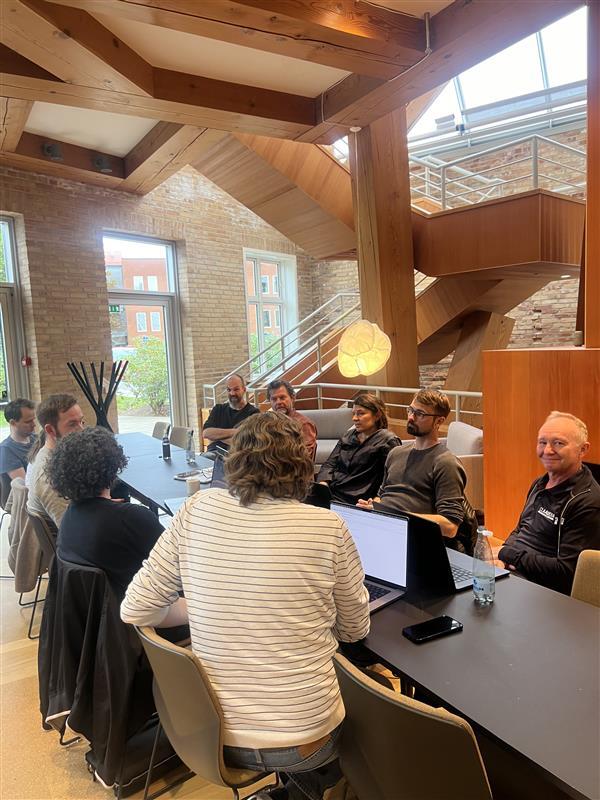
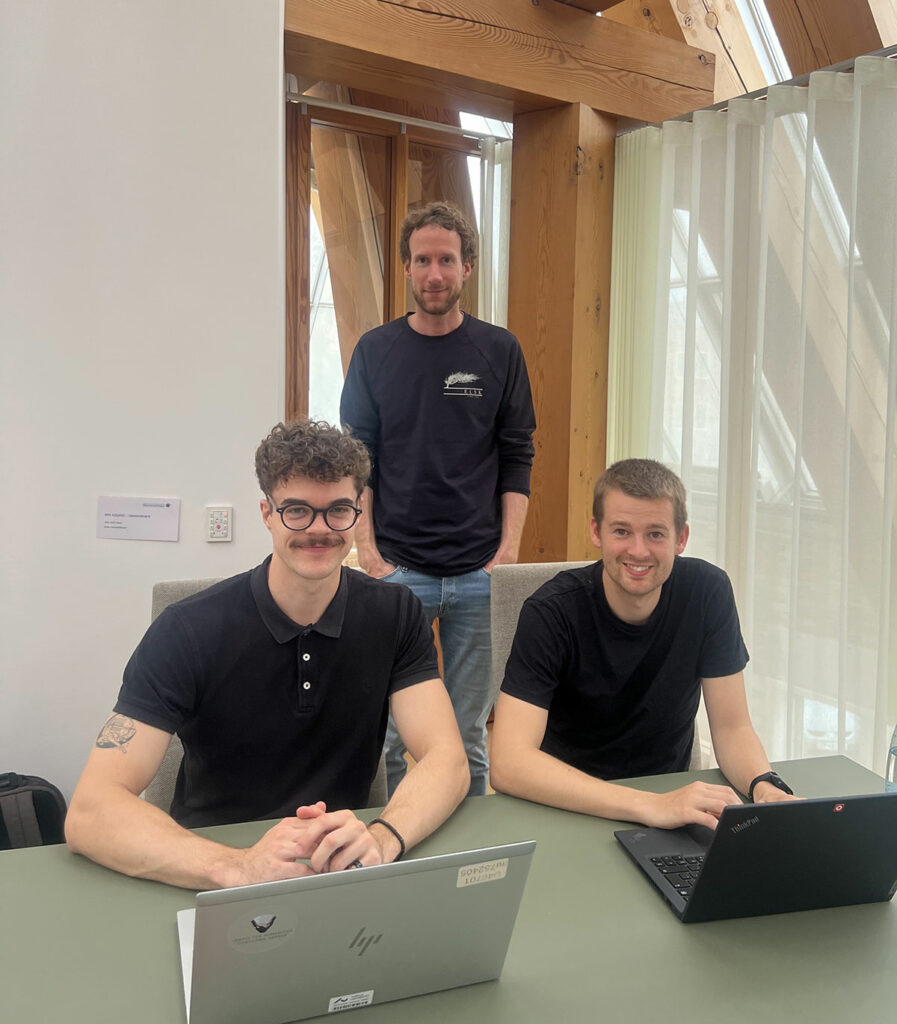
Plenary sessions, presentations, and parallel workshops
The two days included a mix of plenary sessions, presentations, and parallel workshops across different working groups. Topics ranged from user support, training, and outreach to technical development and new feature implementation. Updates were also shared on UCloud’s fast-growing user base.
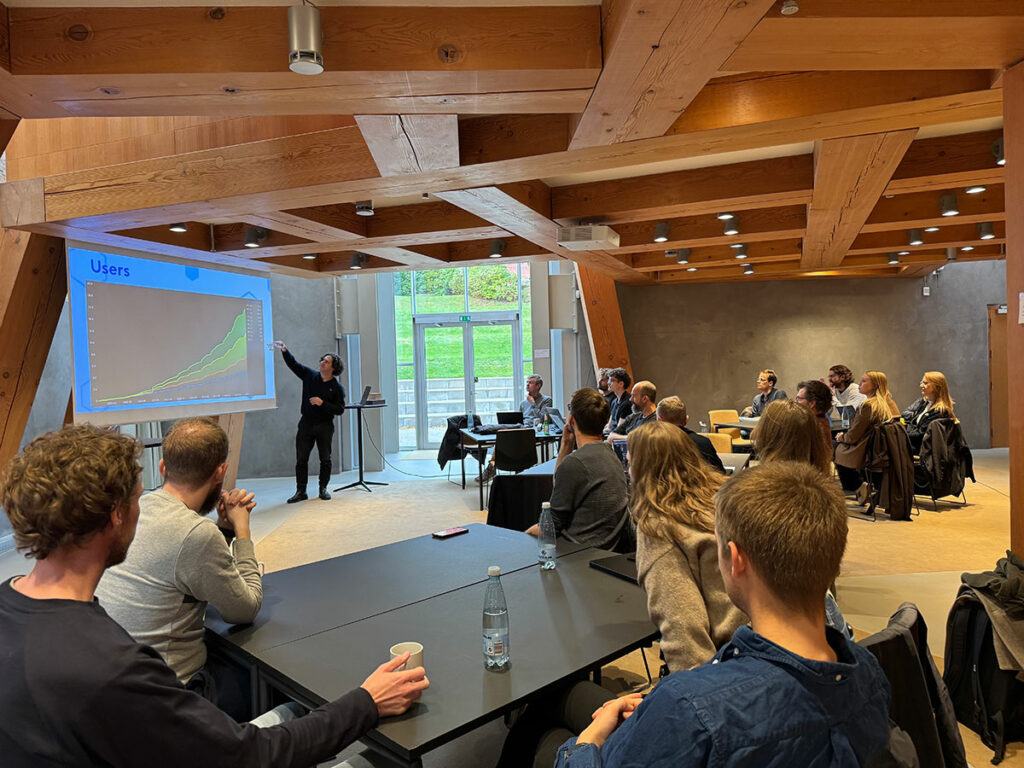
Insights from users
A highlight of the workshop was hearing directly from the users. Researchers Postdoc Kenneth Enevoldsen and Postdoc Simon Aagaard Enni joined us to share their research projects, Lex.llm and Danish Foundation Models. They shared how UCloud supports their research today, while also pointing to areas where the platform can evolve further to better support their work.
Kenneth, who is an experienced UCloud user, emphasized how future inference support on UCloud could help both him and many other researchers in practice. In this context, he specifically referred to the need for running pre-trained large language models (LLMs) directly on the platform.
“UCloud support for inference would be incredibly liberating for research. It would either allow us to avoid spending credits on commercial API providers or significantly reduce the time required to set up LLMs for exploring small research questions. A broad inference API would enable more open experimentation with models, enhancing both the scope and impact of research projects.”
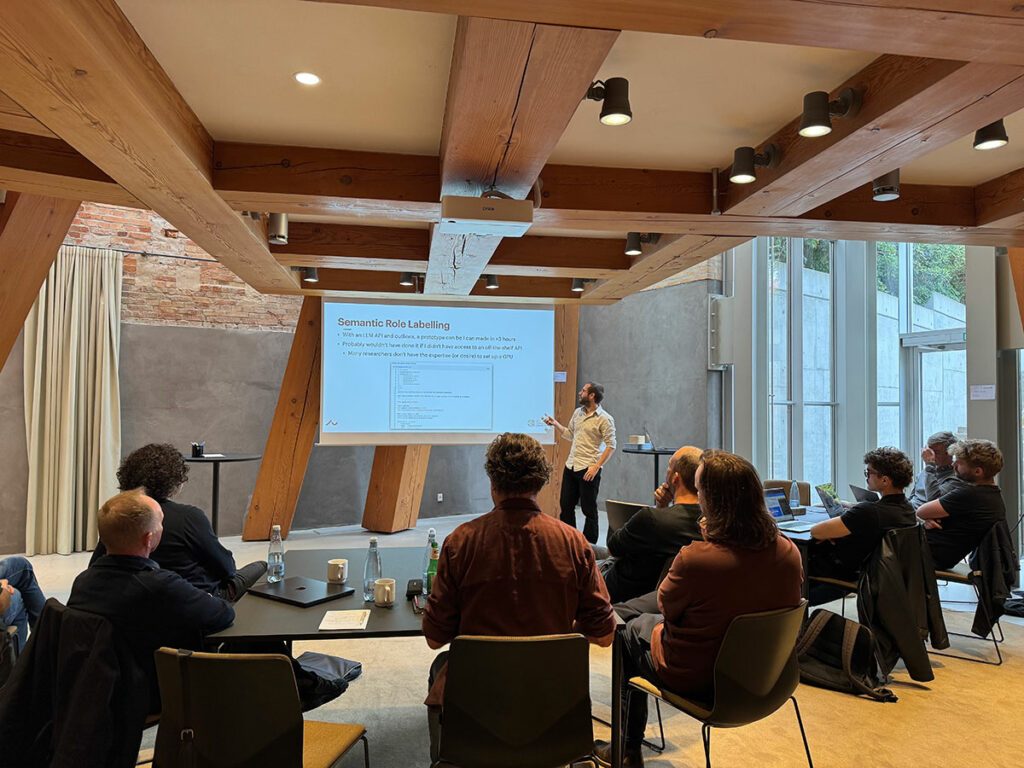
Looking ahead
As the workshop concluded, the participants outlined key priorities and future directions for the platform. The discussions and decisions made will guide upcoming development efforts and ensure that UCloud remains a flexible, secure, and user-friendly environment for researchers across disciplines.
We will also continue to focus on preparing users to work confidently with UCloud through hands-on training sessions held as webinars. During the workshop, we finalised the plans for this semester’s webinar offerings, which will take place on the following dates:

